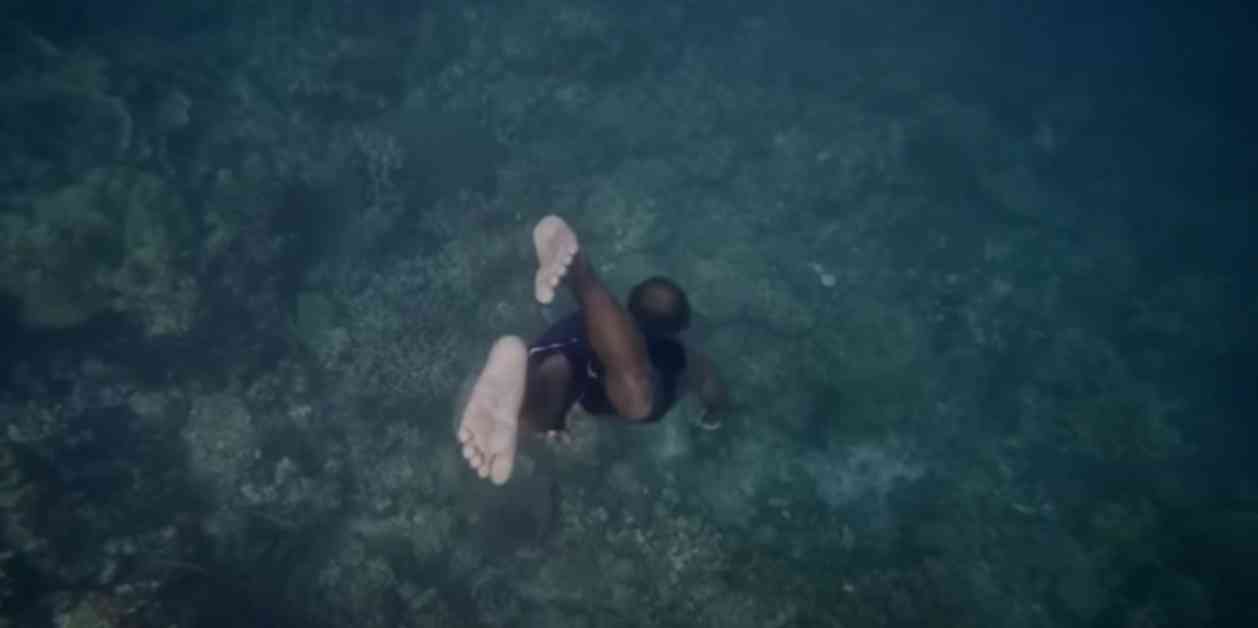The Bajau tribe of Indonesia has captured the attention of scientists and researchers around the world with their incredible ability to dive deep into the sea. Living off the coasts of Indonesia for over a millennium, the Bajau people have mastered the art of free diving and fishing with spears, spending a significant amount of their time in the water. Their skills in swimming and diving are unmatched, with members of the tribe able to dive up to 230 feet using only a set of weights and wooden goggles.
Genetic Adaptation
Recent studies have revealed that the Bajau tribe has genetically adapted to their aquatic lifestyle, making them the first known humans to possess such a unique genetic makeup. Researchers have identified a genetic mutation within the tribe, known as the ‘sea nomad gene’, which plays a crucial role in their diving ability. This genetic mutation gives the Bajau people larger spleens, which have been found to be instrumental in their diving capabilities.
The Role of the Spleen
The spleen, an often-overlooked organ in the human body, plays a vital role in the Bajau people’s ability to stay underwater for extended periods. When the body is submerged in water, the spleen contracts to inject oxygenated red blood cells into the circulation, increasing the oxygen levels in the blood by up to nine percent. This unique physiological response, known as the human dive response, is enhanced in the Bajau tribe due to their larger spleens.
Dr. Melissa Ilardo from Cambridge University explains, “There’s not a lot of information out there about human spleens in terms of physiology and genetics, but we know that deep diving seals, like the Weddell seal, have disproportionately large spleens.” The Bajau people’s adaptation to their underwater lifestyle includes increased thyroid hormone levels, which in turn lead to larger spleen sizes, enhancing their ability to swim and dive effortlessly.
Lifestyle Threats
Despite their remarkable genetic adaptation and diving abilities, the Bajau tribe faces numerous challenges that threaten their traditional way of life. Their nomadic lifestyle often leaves them without official citizenship, making it difficult for them to access basic services and resources. Additionally, commercial fishing activities have severely depleted their traditional food sources, putting further pressure on their community.
The Bajau people’s resilience and adaptability have allowed them to thrive in their aquatic environment for generations, but the modern world poses new challenges that threaten their way of life. As scientists continue to study the unique genetic adaptations of the Bajau tribe, it is essential to recognize and support the preservation of their culture and traditions amidst increasing threats and challenges.













